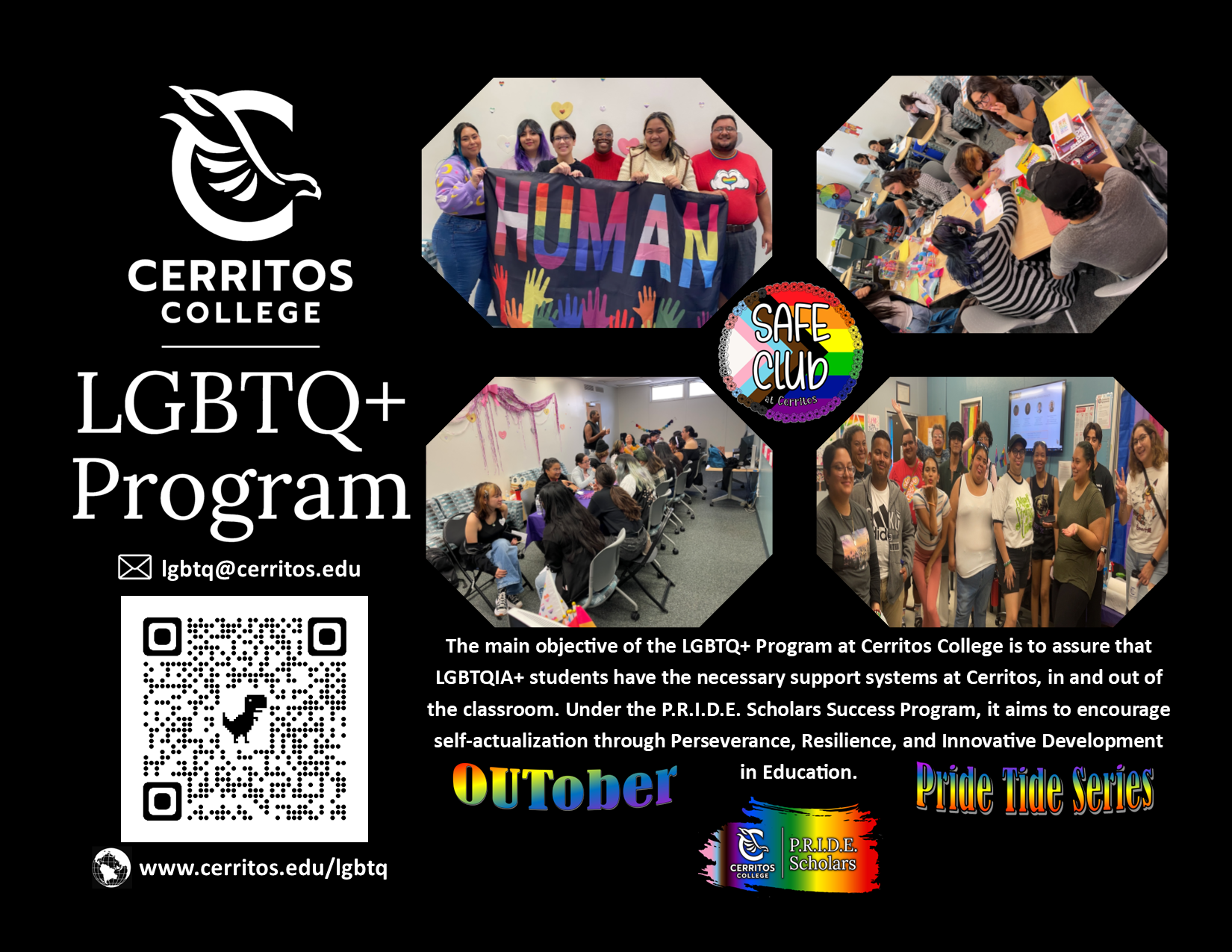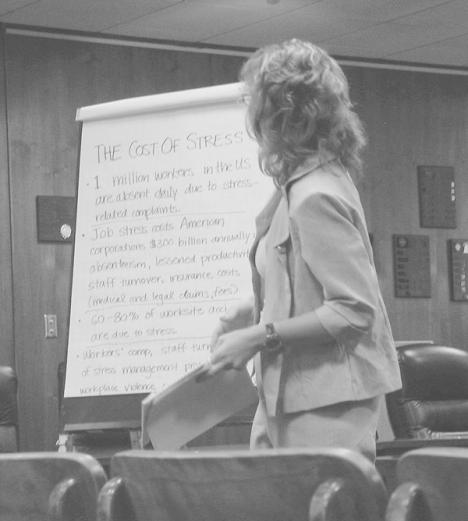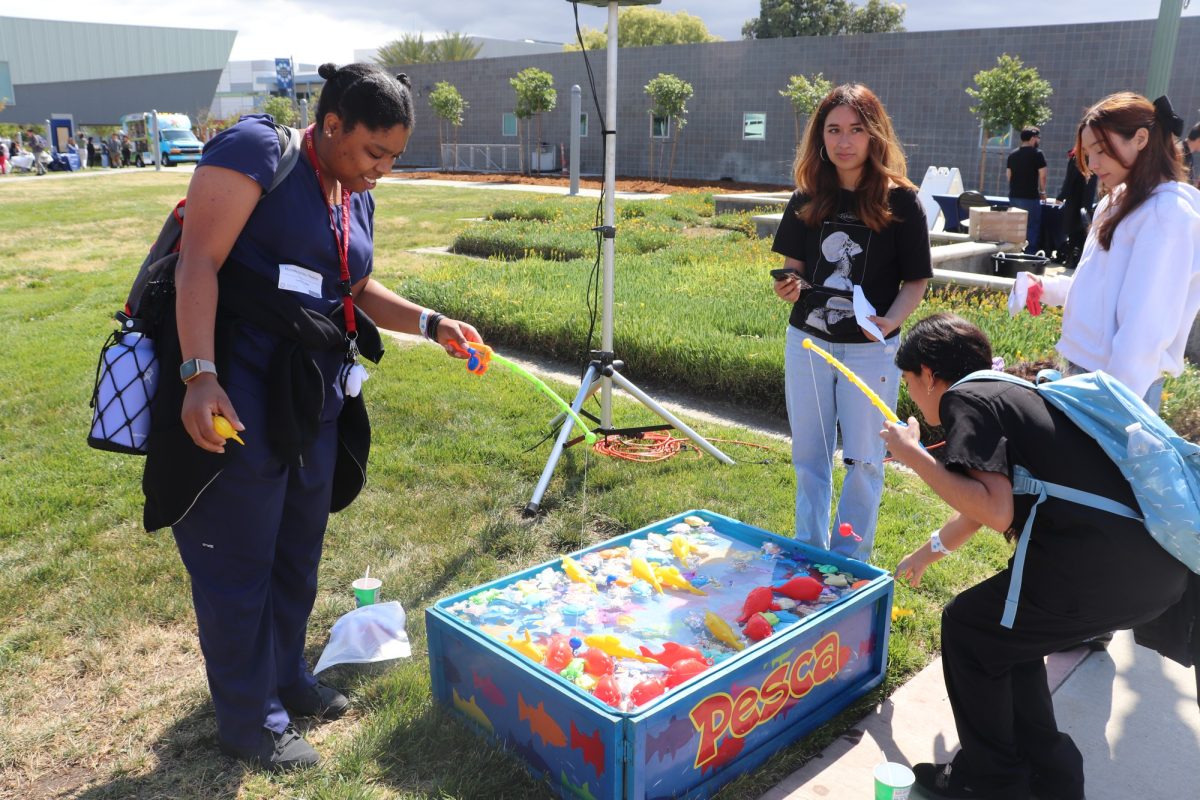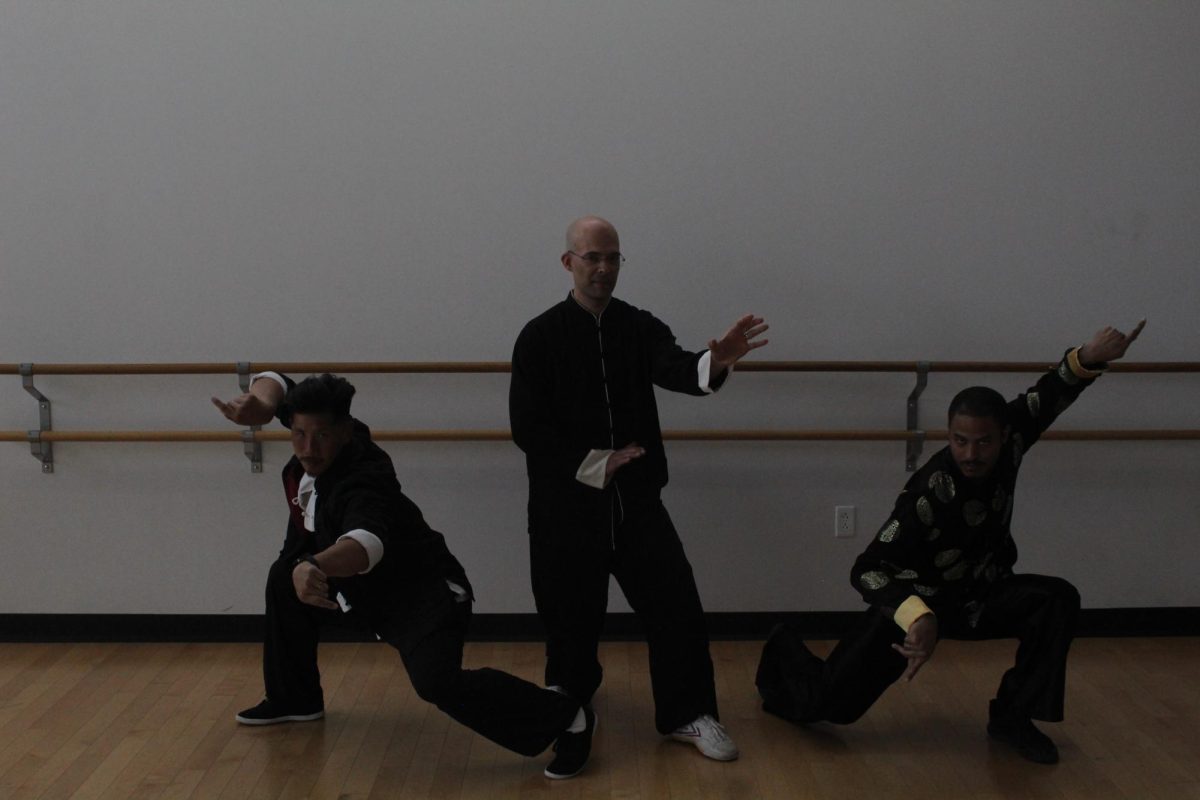Stress Management was the topic covered by Cara Dutra, a therapist who teaches and specializes in stress related illness at the Stress Management Workshop held last Thursday, in the Admissions Boardroom.
M.L. Bettino, Dean of Staff Development, along with Charles Gale, Director of the Health Center, (who recommended Dutra to do the seminar) coordinated the Workshop.
“As part of our Staff Development activities. As Dean of Staff Development, it is my task to offer seminars, workshops, speakers events and activities for our entire staff – faculty, managers and classified,” Bettino said.”
Ms. Dutra is very bright and enthusiastic about her subject.
” What is her subject? Stress! Harmful stress as well as “Good” stress; “Good” stress? Is there such a thing? The answer is…yes.
According to Dutra, “Stressors,” cause non-specific responses in the body to the demands placed upon it. “Stressors can either be good or bad,” says Dutra, explaining the different levels of stress.
Euro-stress is positive stress which pushes us to use our bodies to their fullest potential, challenging us.
Then there’s distress when stress becomes so overwhelming that the body begins to break down.
The body operates on what has been described as a “human function curve” in which the body begins with health tension at the performance level, eventually leading to a comfort zone.
At this point the body experiences good stress. After traversing this level the body reaches “The Hump,” which is a fatigue level in which the body begins to experience distress.
As a result the body becomes overwhelmed and eventually is overtaken by exhaustion, ill health and finally breakdown.
With all the issues on the table for faculty on campus, Dutra covered the possibility of distress by listing six job stressors.
They are:
1. Design of tasks: a heavy workload, infrequent rest breaks, long work hours and shift work, hectic and routine talks that have little inherent meaning, do not utilize workers skill, and provide little sense of control.
2. Management style: lack of participation by workers in decision – making, poor communication in the organization, lack of family-friendly policies.
3. Interpersonal relationships: poor social environment and lack of support or help from coworkers and supervisors.
4. Work roles: conflicting or uncertain job expectations, too much responsibility, too many “hats to wear.”
5. Career concerns: job insecurity and lack of opportunity for growth, advancement, or promotion, rapid change for which workers are unprepared.
6. Environmental conditions: Unpleasant physical conditions such as crowding, noise, air pollution, or ergonomic problems.
“I am totally without stress” said Bettino, ” actually, this is a very stressful time on campus: budget issues, union issues, health care issues, the start of the school year, war coming, terrorist threats, holidays coming, etc…..so we needed this right now.”
According to Bettino the governor killed all staff development funds for community colleges this year. The department had to go without funds.
“I am very happy that many faculty, managers and classified staff members have stepped up to offer their expertise or connections toassist us in offering a comprehensive Staff Development program, even without funds.
“This says a lot about the college’s commitment to Staff Development and assisting one another in a year of fiscal crisis.” Bettino said.











